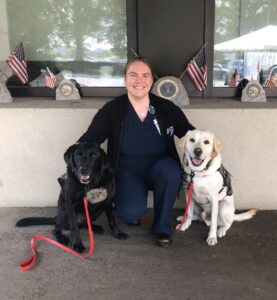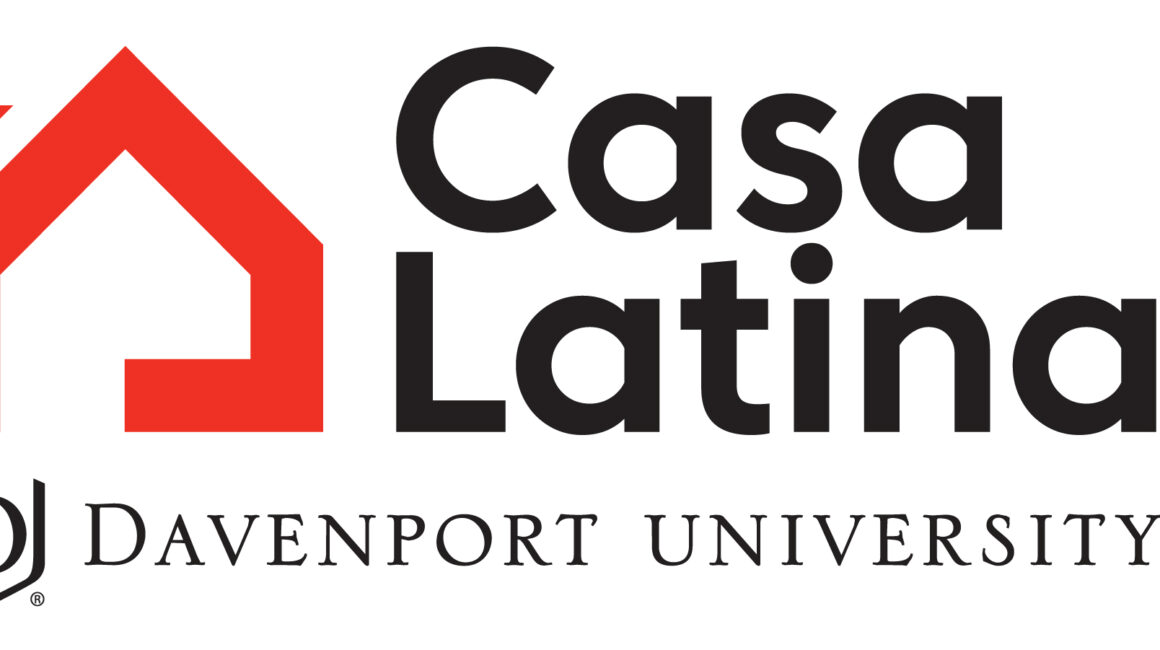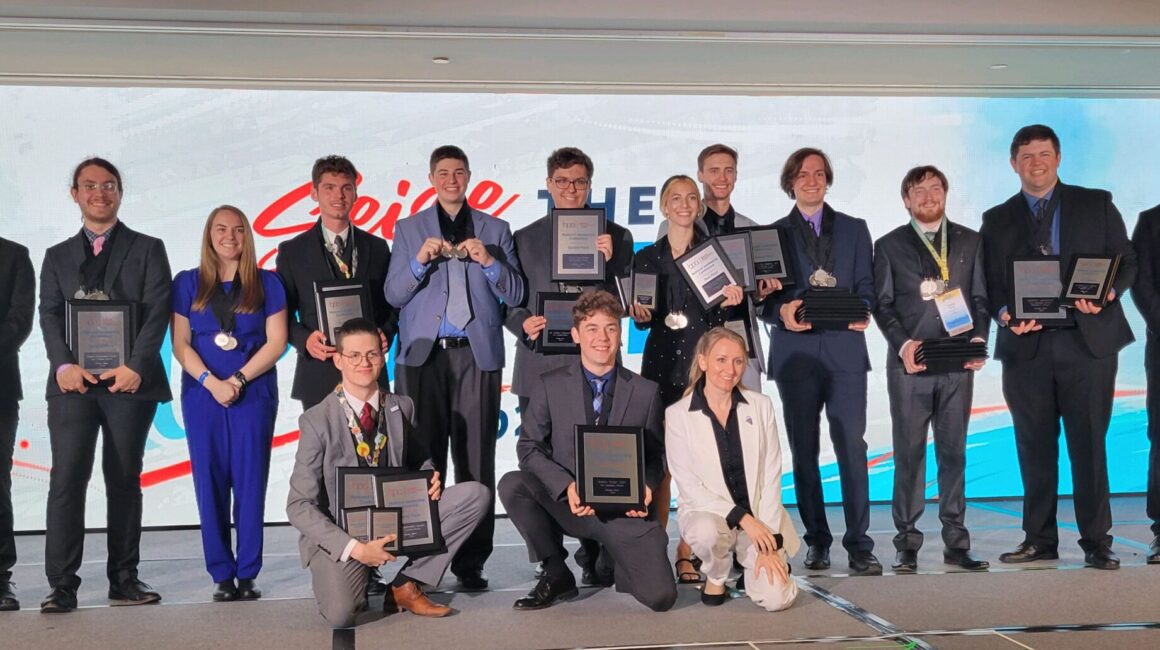
If you are in the health care field, you have likely heard the name Florence Nightingale. For those not privy to her history, she was a pioneer of the health care profession during her time as a nurse. She is known for improving sanitation processes, patient care and psychological support. Nightingale was known as the “Lady With the Lamp,” as she would walk the halls during the nighttime hours at the hospital where soldiers from the Crimean War of 1835 were placed to ensure they were cared for. Across the U.S., we celebrate National Nurses Week and National Hospital Week during the week of Nightingale’s birthday, May 12.

Jacqueline Okkonen, BSN ’14, attended Davenport as a nontraditional student while obtaining her nursing degree at the Grand Rapids campus. As she recalls her time at Davenport, she is flooded with fond memories of her professors and classes. Nearly a decade after Okkonen graduated, she remains connected with some of her favorite professors, Dr. Daley and Dr. Stahley.
“The small class sizes and professors with current clinical experience were integral to my success,” said Okkonen.
Her only regret at Davenport? “If I were a few years younger, I would have loved to live on campus.”
When you think of a nurse or health care provider, you often think of a traditional hospital setting. Okkonen loves the opportunity to challenge that thought process.
“There are so many opportunities to take advantage of with your BSN that aren’t what you’d consider a traditional role,” she adds.
The U.S. Department of Defense (DOD) is probably not the first thing you think of when you graduate from the College of Health. Okkonen spent six years as an emergency room nurse and then more recently moved up to a hospital supervisor role within the organization.
“Out of my graduating class, I am the only one working for the military. I am a civilian but have a permanent government position,” she adds.
This means Okkonen can work at any military hospital in the world while maintaining her seniority and seeking new opportunities. She says this line of work has helped her to broaden her horizons on the many interdisciplinary agencies and how they deliver care. When working at a military hospital, something as critical as airlifting a patient requires coordination with multiple agencies to ensure safety.
At the age of 34, Okkonen has a wealth of experience, showing the career diversity a BSN degree can provide. She started her career as an emergency department nurse at Corewell Health (formerly Spectrum Health) before transitioning to work for the DOD, where she relocated to Hawaii as its Tripler Army Medical Center. While in Hawaii, she had the opportunity to develop the stroke program at the Tripler Army Medical Center and was a part of the team that brought the hospital to a Level II trauma center. During her time there, she worked with Secret Service when former President Obama and his family would come to vacation. While she continued her work with the DOD, she accepted a role in the emergency department at Evans Army Community Hospital in Carson, Colorado, where she is now the hospital supervisor.
“We are impacting lives in a multitude of different ways. My best advice is to lean into what you’re excited about, and you’re going to find a job in our field that electrifies you,” Okkonen concludes.
Join us in celebrating National Hospital Week
Davenport University will celebrate National Hospital Week May 7-13 and National Nurses Week May 6-12.
To see our posts celebrating health care workers, follow Davenport University Alumni Association.
To donate to Davenport University’s College of Health Professions, visit davenport.edu/give-gift, or learn more about Davenport’s health care degrees at davenport.edu/academics/areas/health-professions.



No Responses